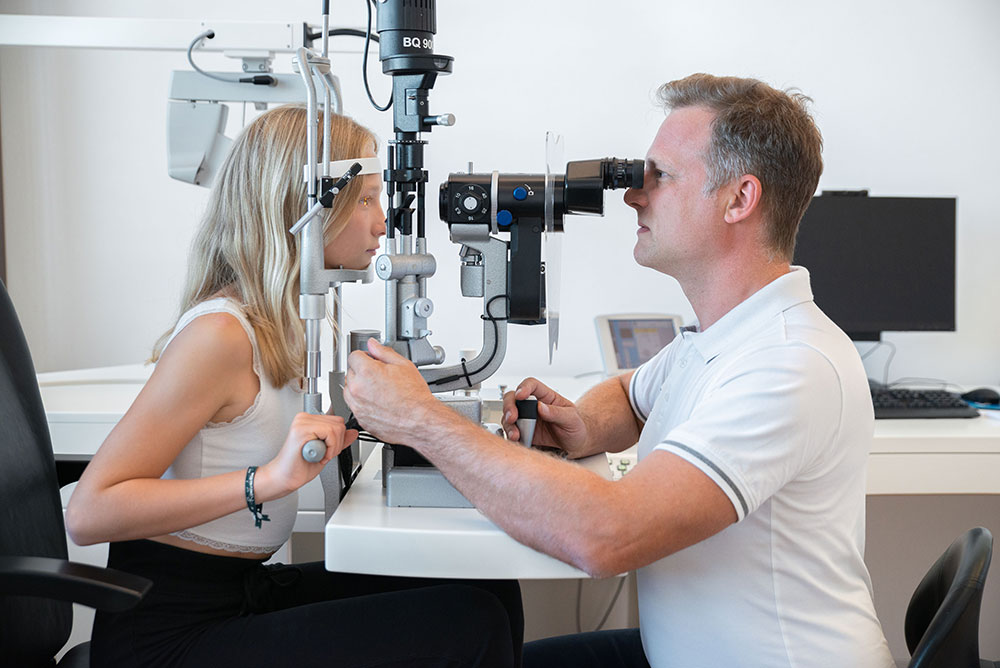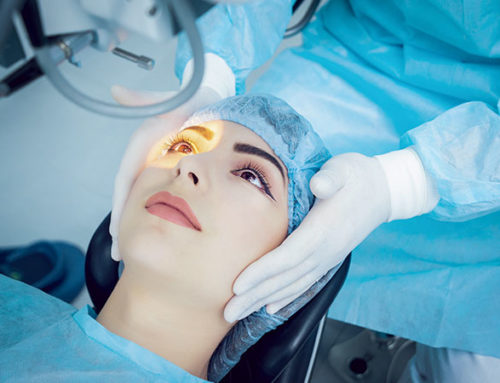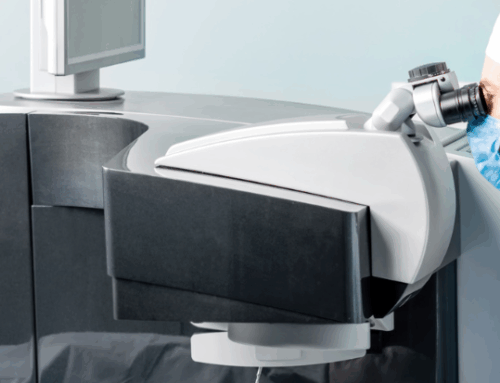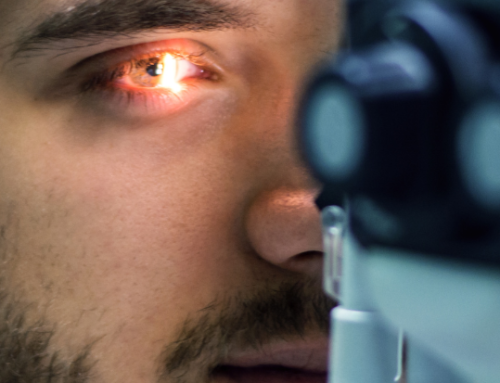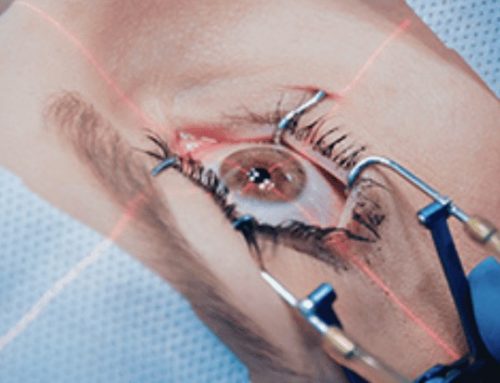Do you enjoy admiring a beautiful landscape? Looking at the faces of people you love?
Yes ? Then see an ophthalmologist regularly!
Visual health is often overlooked, yet our eyes play a key role in our daily lives. Seeing an ophthalmologist regularly can help detect eye diseases at an early stage and preserve good vision throughout life. Find out why these visits are essential and how often you should make an appointment.
Regular visits to an ophthalmologist help detect silent eye diseases
Some eye diseases progress without obvious symptoms at first, making early detection crucial:
- Glaucoma can lead to irreversible vision loss if not treated in time.
- Age-related macular degeneration (AMD) one of the main causes of blindness after the age of 50.
- Cataracts an opacification of the crystalline lens that gradually impairs vision.
- Diabetic retinopathy: a complication of diabetes that can lead to severe vision loss.
Regular monitoring enables us to identify these pathologies in good time and avoid serious complications.
Regular visits to an ophthalmologist help correct and adapt vision
Your eyesight changes over time! A consultation allows us to adapt your correction in case of myopia, hyperopia, astigmatism or presbyopia. Poor optical equipment can lead to visual fatigue, headaches and everyday discomfort.
And for those who want to be free of glasses or contact lenses, refractive surgery (link to refractive surgery page) can be an excellent solution, but only a complete check-up by an ophthalmologist can determine whether you are a good candidate for this procedure and envisage a lasting correction of your vision.
See an ophthalmologist regularly to preserve your children's vision
In children, an ophthalmological visit is essential for :
- Detect visual disorders (myopia, astigmatism, strabismus, etc.).
- Avoid learning delays due to poor vision.
- Ensure proper development of visual acuity.
Consult an ophthalmologist regularly to protect your eyes from screens and external aggressions.
With increasing amounts of time spent in front of screens, disorders such as eyestrain or dry eyes caused by blue light are becoming more and more common. An ophthalmologist can advise you on the best practices to limit these effects.
What's more, prolonged unprotected exposure to the sun can encourage the development of certain eye diseases.
How often should I see an ophthalmologist?
- Before age 20: a visit at the slightest doubt about vision, then once every 2 years
- Between the ages of 20 and 40: a visit every 3 to 5 years
- After age 40: at least every 2 years
- After age 60: an annual consultation to prevent cataracts and AMD.
If you're at risk (family history, diabetes...), consult us more often!
Regular consultation with an ophthalmologist is essential to preserve your visual health and anticipate possible pathologies. Don't wait until you have symptoms to make an appointment!
Don't put it off any longer and make an appointment with your ophthalmologist.


